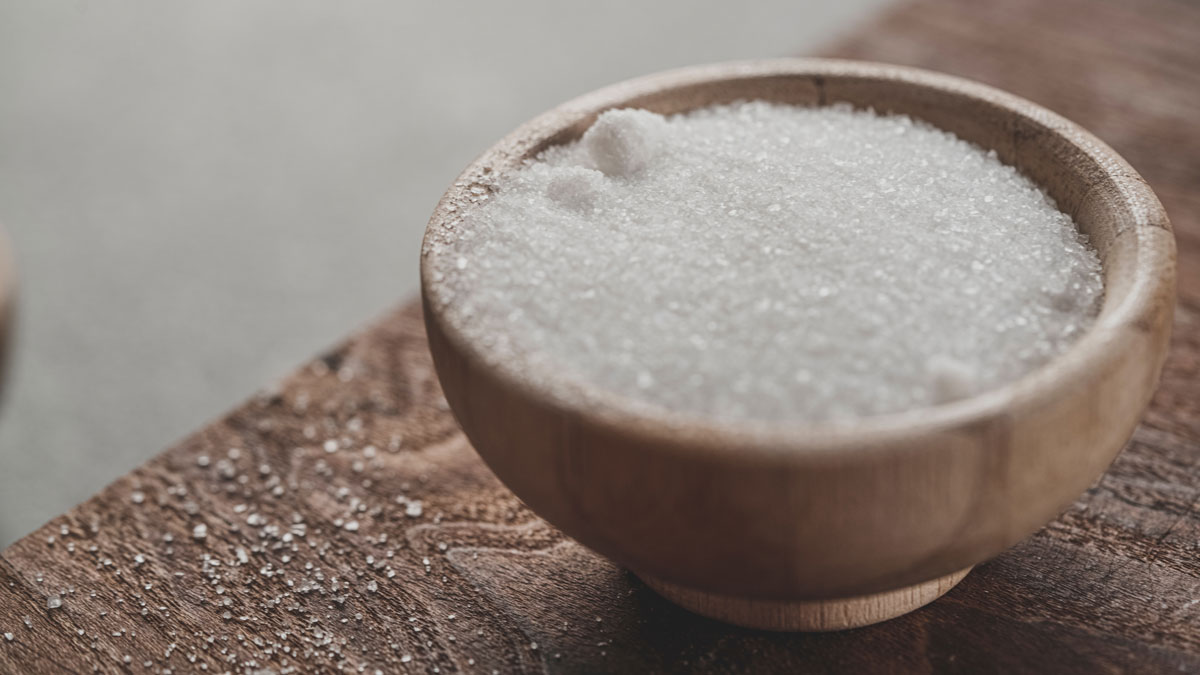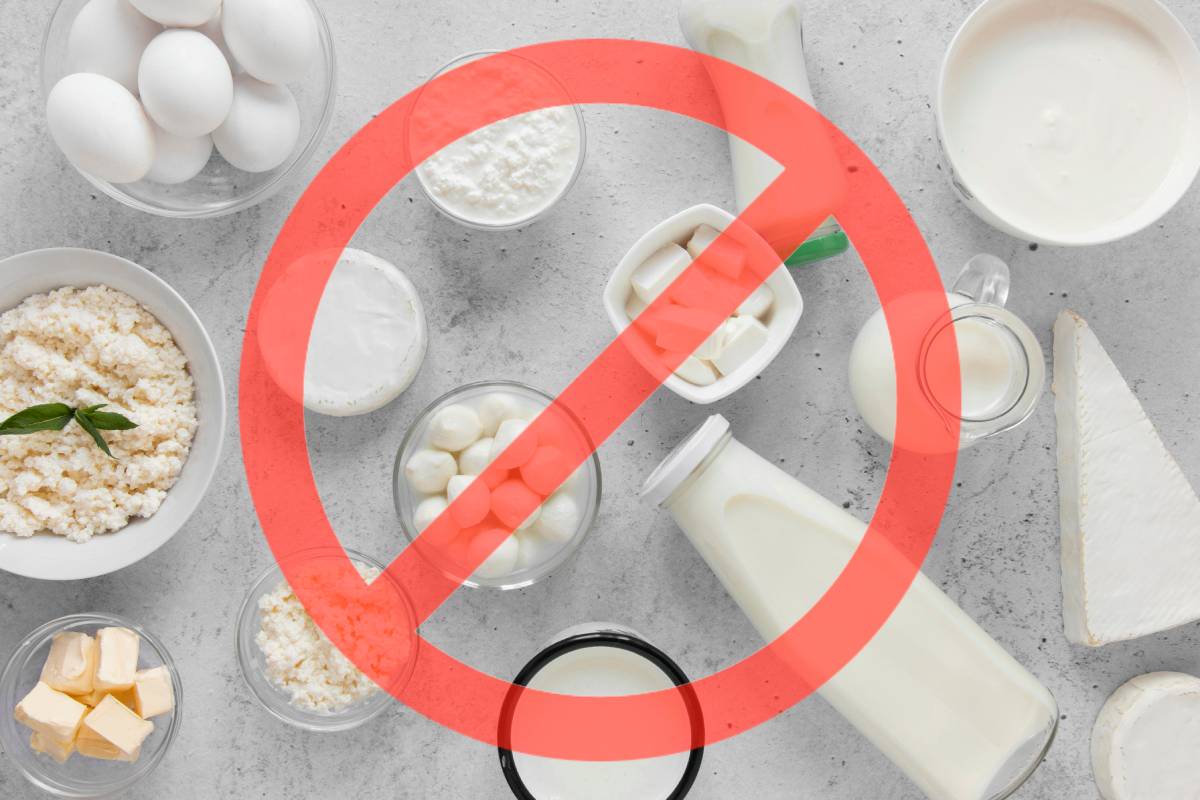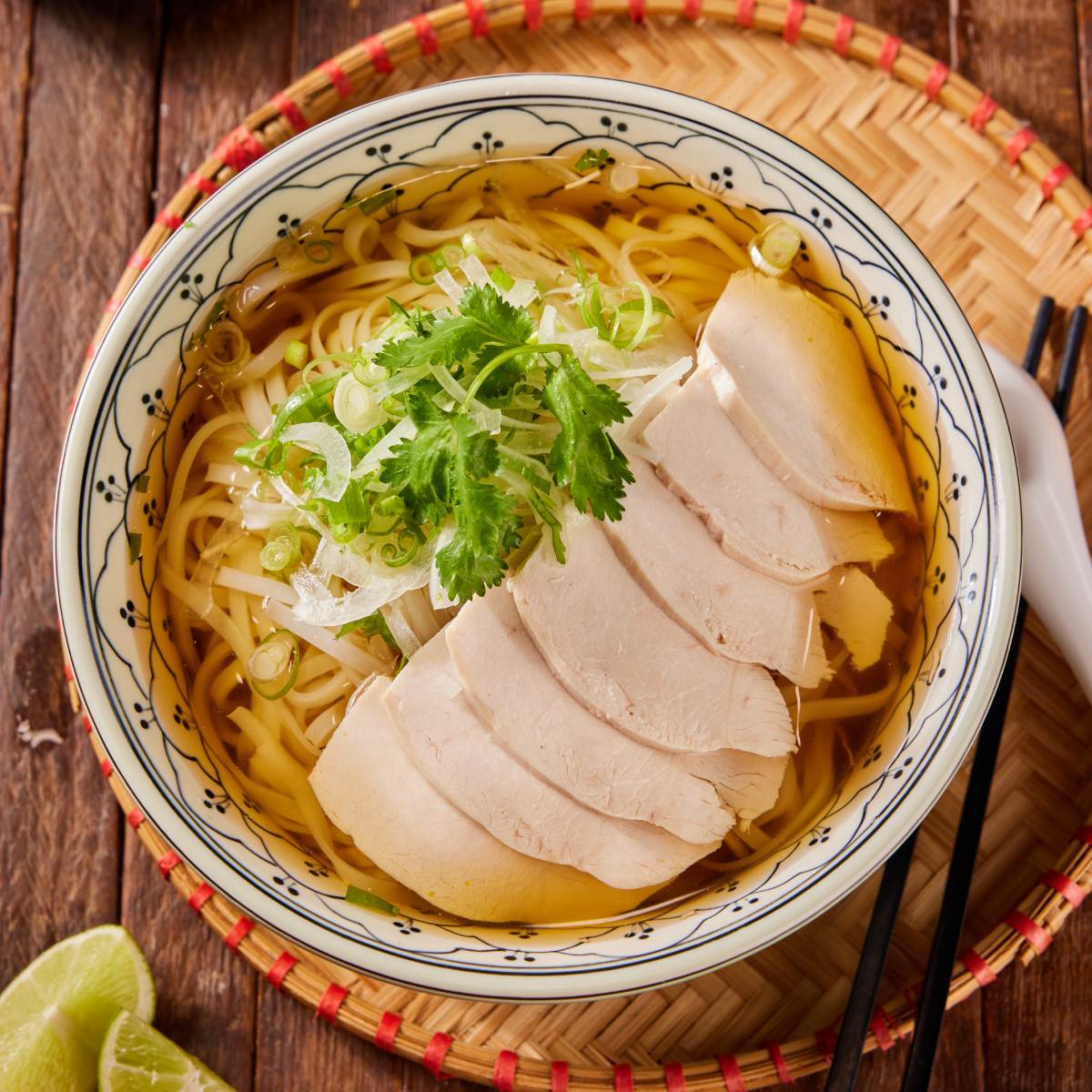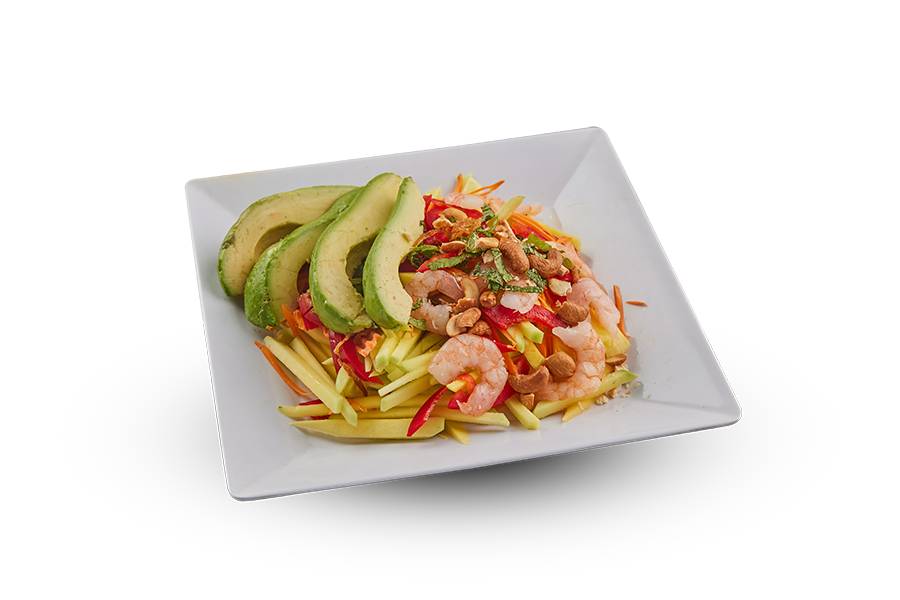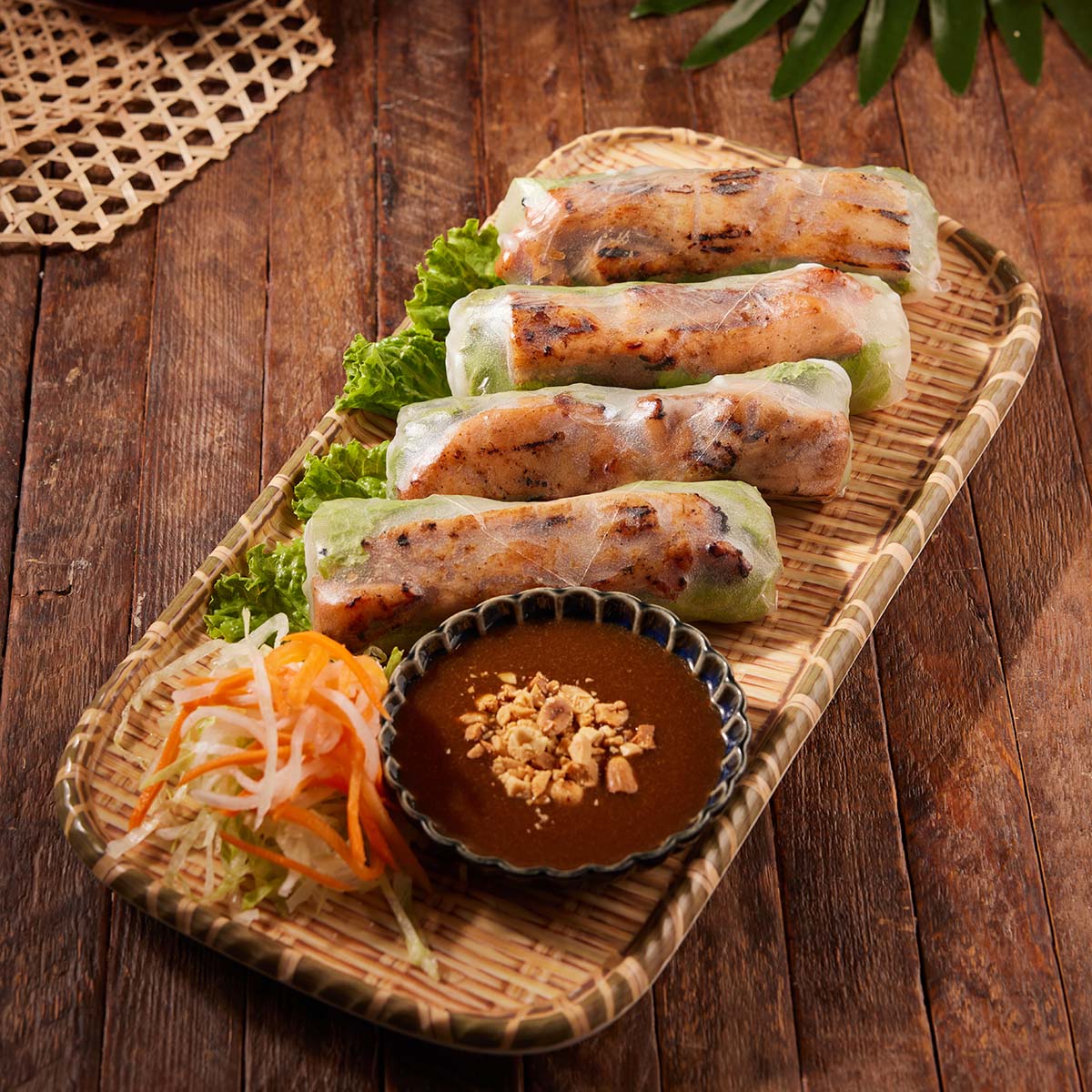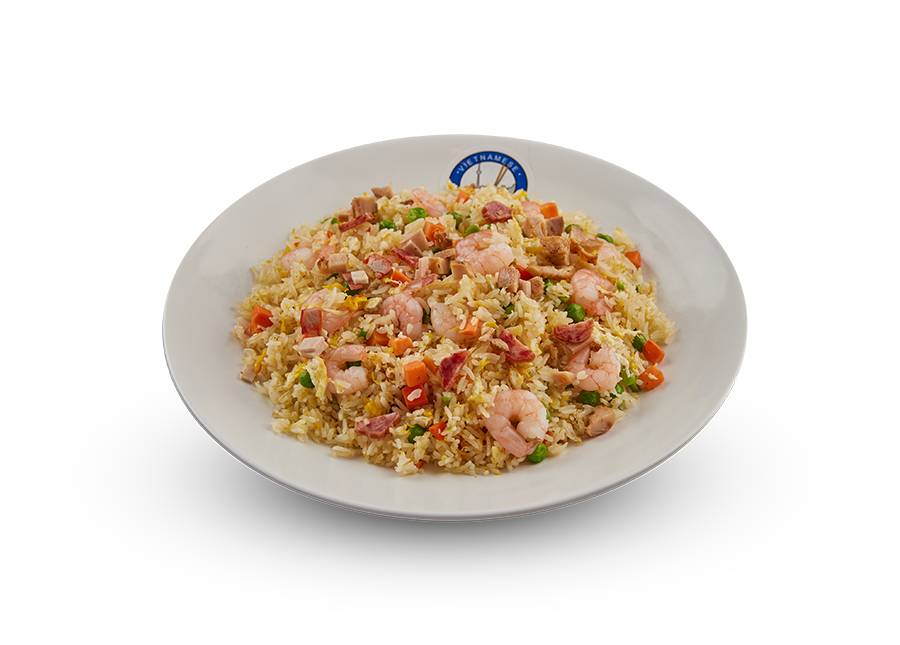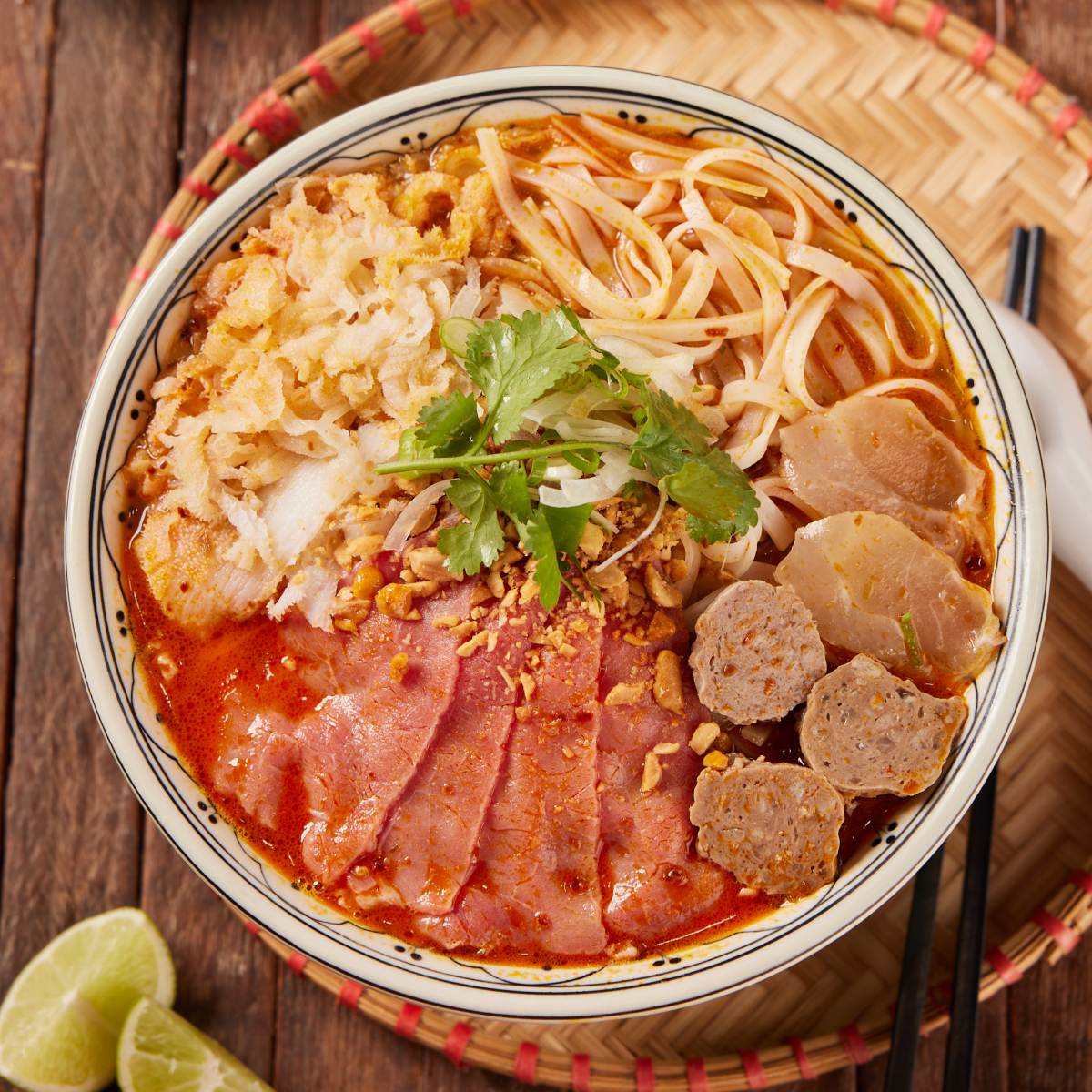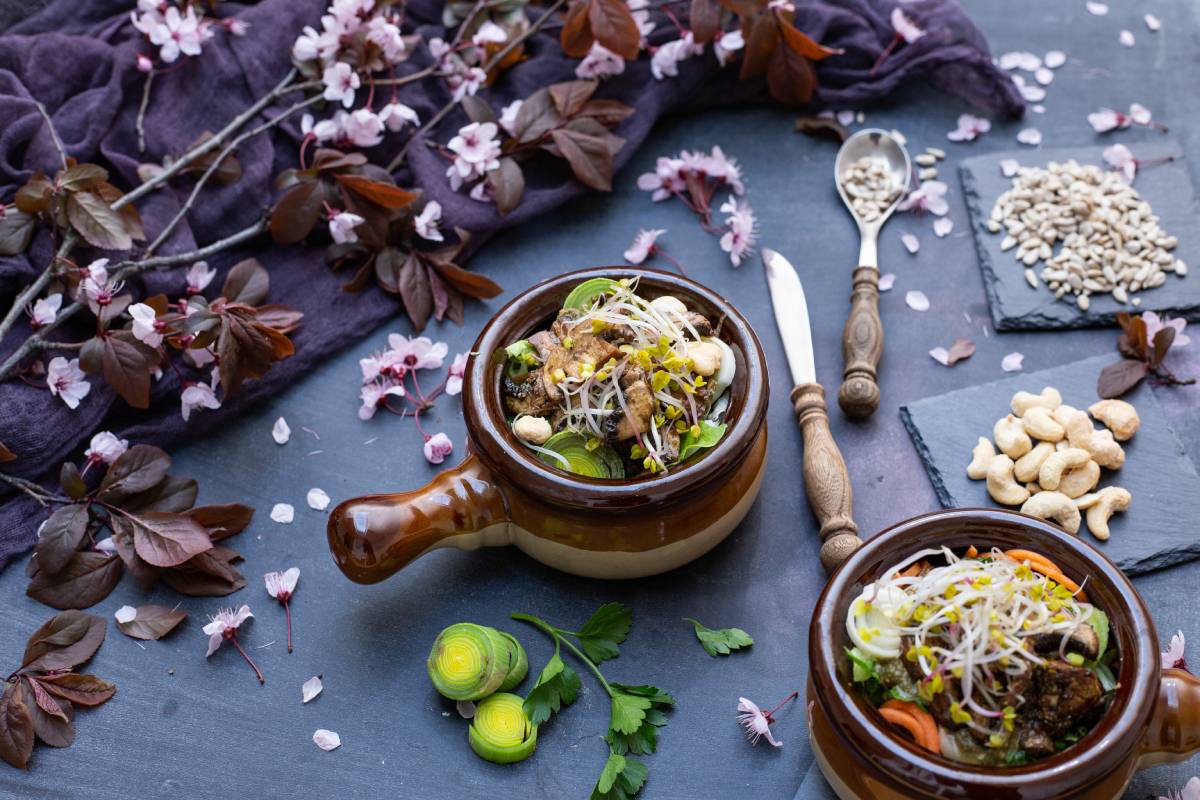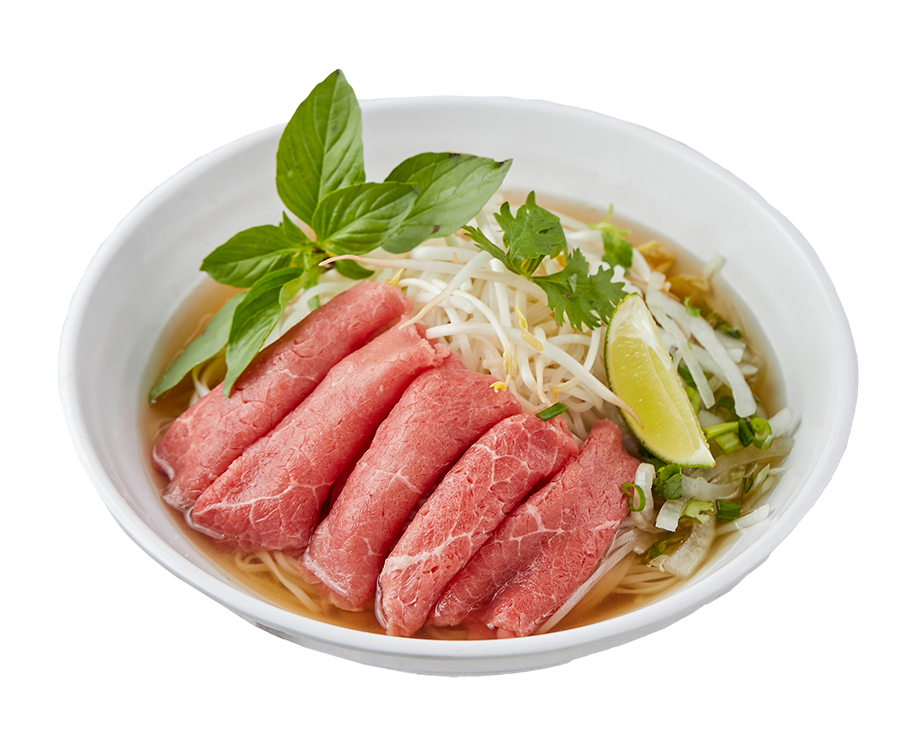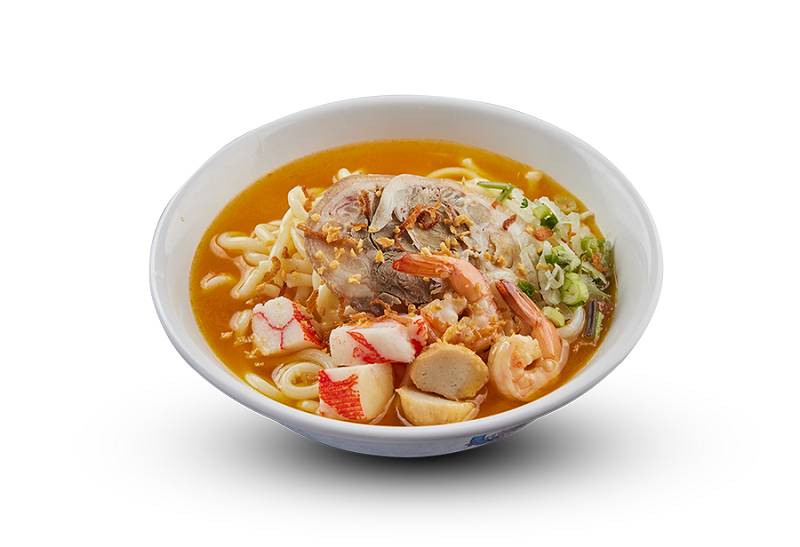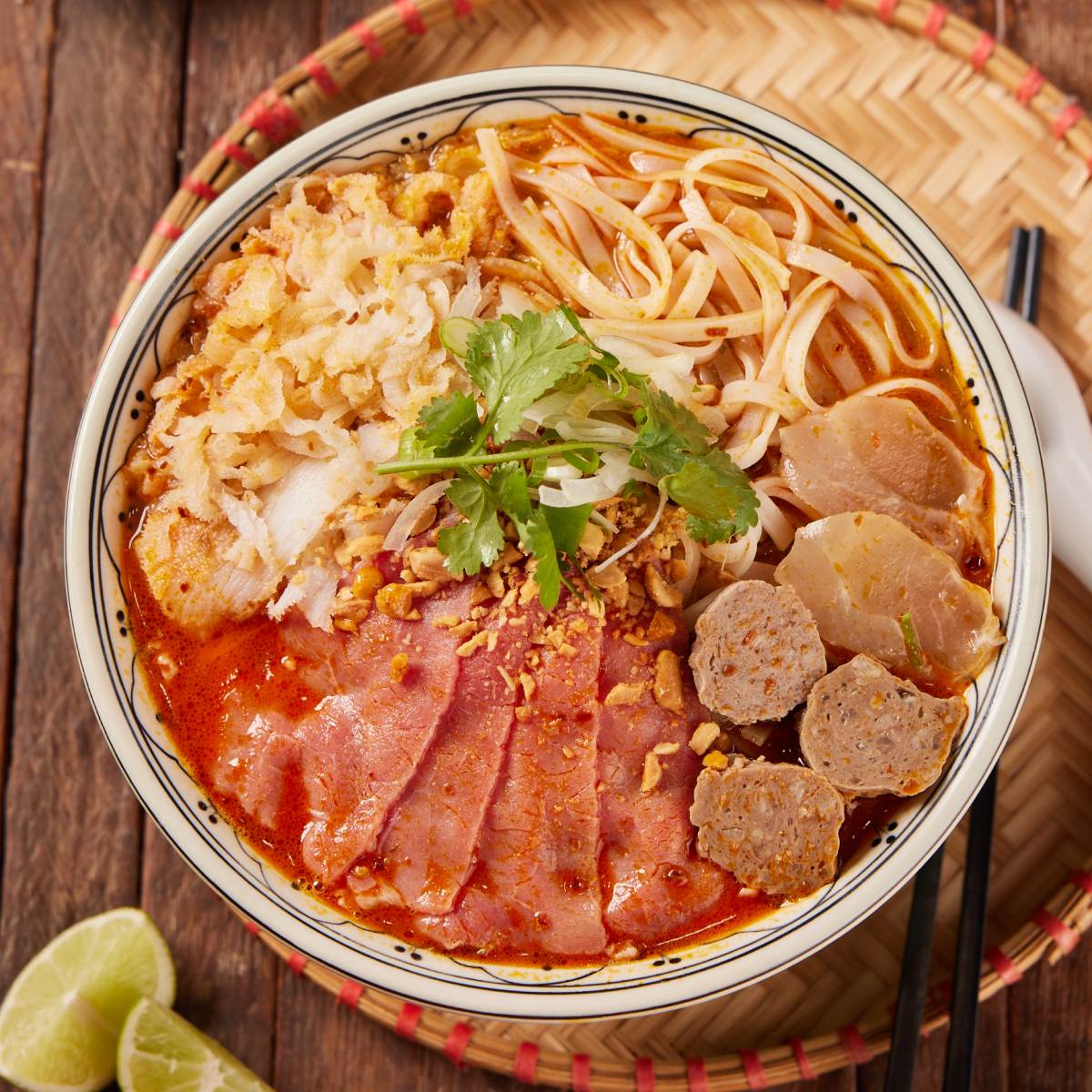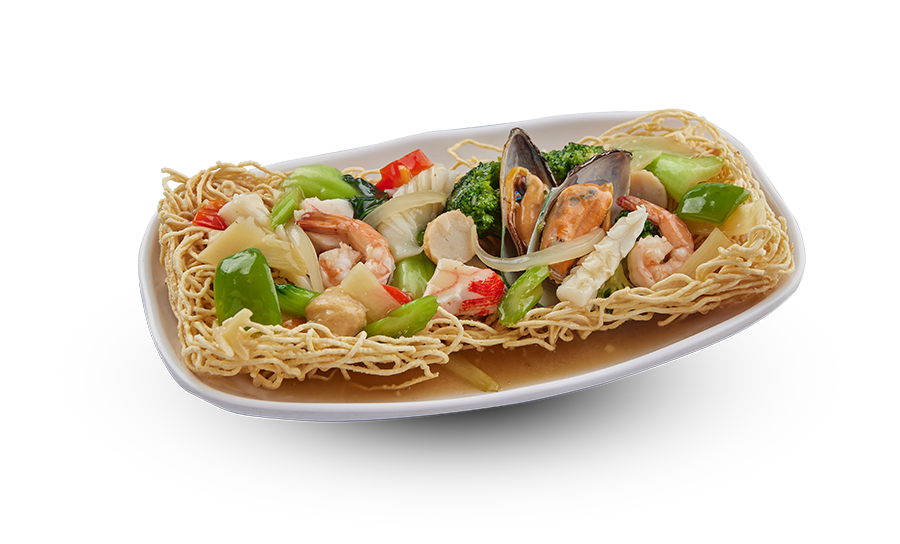Salt became increasingly commonplace in Europe during the Middle Ages. At that time, it was used not only to preserve food but also to add flavor. One of the most popular methods for preserving meat was known as "dry salting." This involves rubbing salt into meat and then letting it sit for an extended period of time so that the salt can draw out the moisture. This method was often used on pork because pork was one of the most common meats consumed in Europe at that time.
Salt became even more important during the Roman Empire. Not only was it used to season food, but it was also used to preserve meat and fish. In fact, the word "salary" comes from the Latin word for salt (salarium), because Roman soldiers were paid with salt. At that time, salt was so valuable that it was even used as currency!
Today, we still use salt to preserve food. However, we also use it to add flavor. In fact, many people believe that food just doesn't taste right without a little bit of salt. Whether you're sprinkling it on your eggs or using it to make a homemade salad dressing, chances are good that you're eating more salt than you realize!
Is it healthier to add salt before or after cooking?
Have you ever wondered if it's better to add salt before or after cooking? It's a common question with no clear answer. Some people swear by adding salt at the beginning of the cooking process, while others say that it's best to wait until the end. So, which is the right way to do it?
Adding Salt at the Beginning of the Cooking Process
One of the main benefits of adding salt at the beginning of the cooking process is that it helps to tenderize meat. This is because salt breaks down muscle fibers, which in turn makes meat more tender. If you're planning on cooking a tough cut of meat, such as beef brisket or pork shoulder, then adding salt at the beginning of the cooking process can help to make it more palatable.
Another benefit of adding salt at the beginning of the cooking process is that it helps to prevent food from sticking to surfaces. This is because salt creates a barrier between surfaces and food, which prevents food from making direct contact with surfaces. This can be especially beneficial when cooking delicate foods, such as fish, that are prone to sticking and breaking apart.
However, there are also some drawbacks to adding salt at the beginning of the cooking process. One of these drawbacks is that it can make food more dry. This is because salt pulls moisture out of food, which can lead to drier, less flavorful results. If you're looking for moist, juicy results, then you may want to wait until later in the cooking process to add salt.
Another drawback of adding salt at the beginning of the cooking process is that it can make food more salty. This is because salt has time to dissolve and penetrate into food when added at the beginning of the cooking process. If you're sensitive to salt or you're trying to watch your sodium intake, then this may not be the best option for you.
Adding Salt at The End Of The Cooking Process
One benefit of adding salt at the end of the cooking process is that it helps to preserve moisture in food. This is because salt doesn't have time to pull moisture out when it's added at the end of the cooking process. As a result, food tends to be moister and juicier when salt is added at the end.
Another benefit of adding salting food at the end of cooking is that it allows you greater control over how salty your dish will be. This is because you can taste your dish as you're cooking it and add salt accordingly. If you add too much salt upfront, then it can be difficult to fix later on.
However, there are also some drawbacks associated with adding salt at the end of cooking. One drawback is that it can make flavor less consistent throughout a dish. This is because different ingredients will absorb different amounts of salt depending on when they're added during the cooking process. As a result, some ingredients may be overly salty while others are not salty enough.
The Bottom Line
As you can see, there are pros and cons associated with both adding salt before and after cooking. Ultimately, it's up to you to decide which approach works best for your needs. If you're looking for maximum flavor and juiciness, then adding salt towards the end of the cooking process is probably the way to go . However ,if you 're trying to avoid making your dish too salty ,then adding salthttp://www .eatwell101 .com/cooking-tips-tricks-add-salt-before-after-cooking-recipe-advice before cooking may be a better option for you . experiment with both approaches and see which one yields better results for you . Which ever way you choose ,just make sure you taste your dish before serving to avoid any unwanted surprises .Happy cooking!
To summarise Salt is one of the oldest and most commonly used ingredients in cooking. It has a long history dating back thousands of years, and it's still an important part of many recipes today. Whether you're using it to add flavor or preserve food, there's no doubt that salt is an essential part of our diets.
What Does TorontoPHO offer?
If you’re looking for Asian-style Pho soup in Kleinburg, Vaughan, Toronto, Woodbridge, or Hamilton, visit TorontoPho.com.
We are a growing Vietnamese restaurant committed to serving authentically prepared Asian Vietnamese foods done right and healthy. Our PHO is a proud creation, alongside so many of our other menu items.
If you like salty dish, try our Scrambled Salted Fish and Chicken Fried Rice (Cơm Chiên Cá Mặn)

